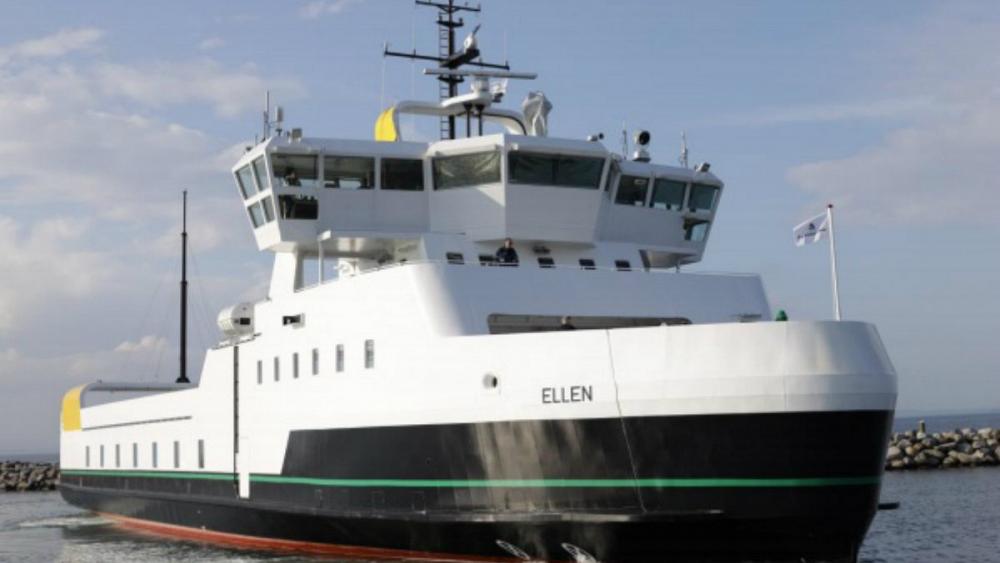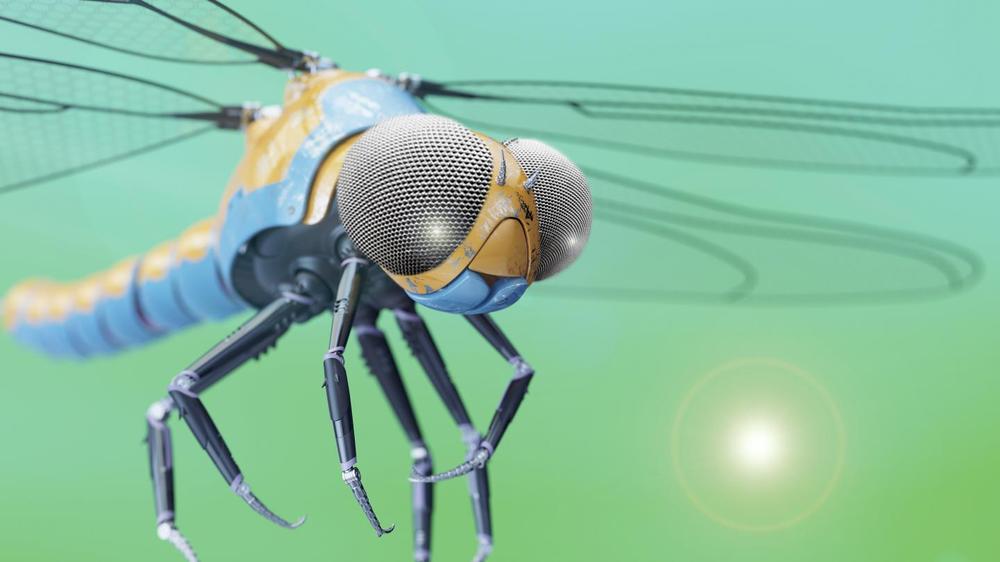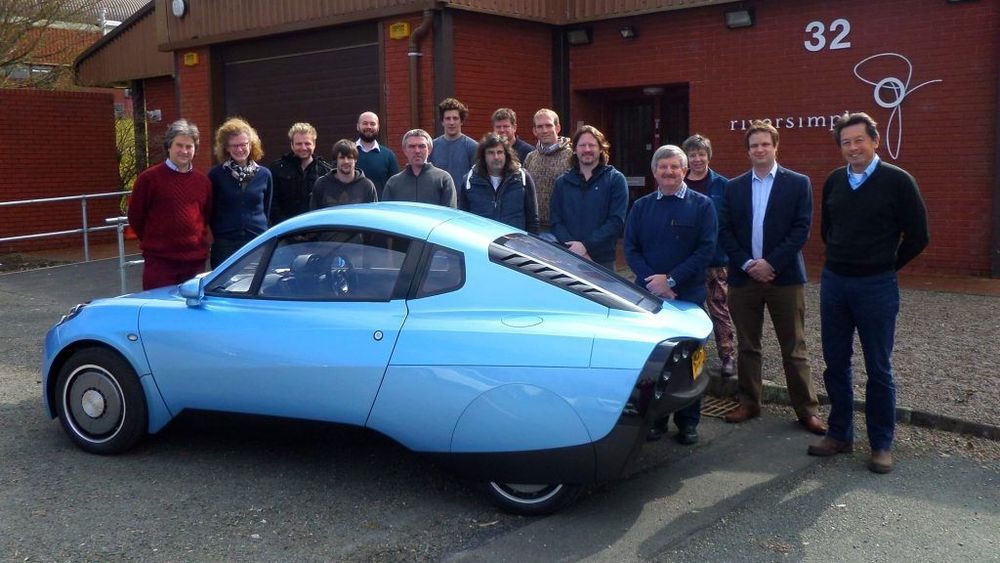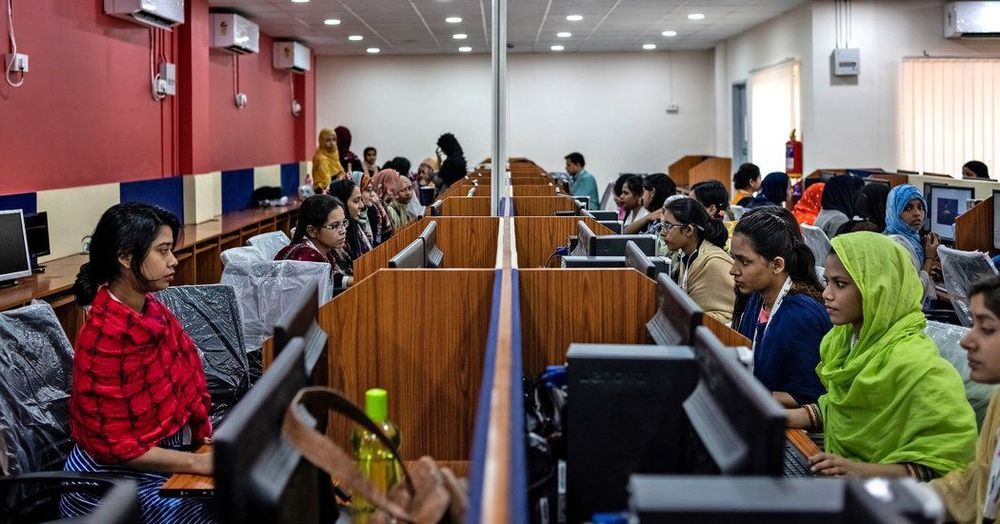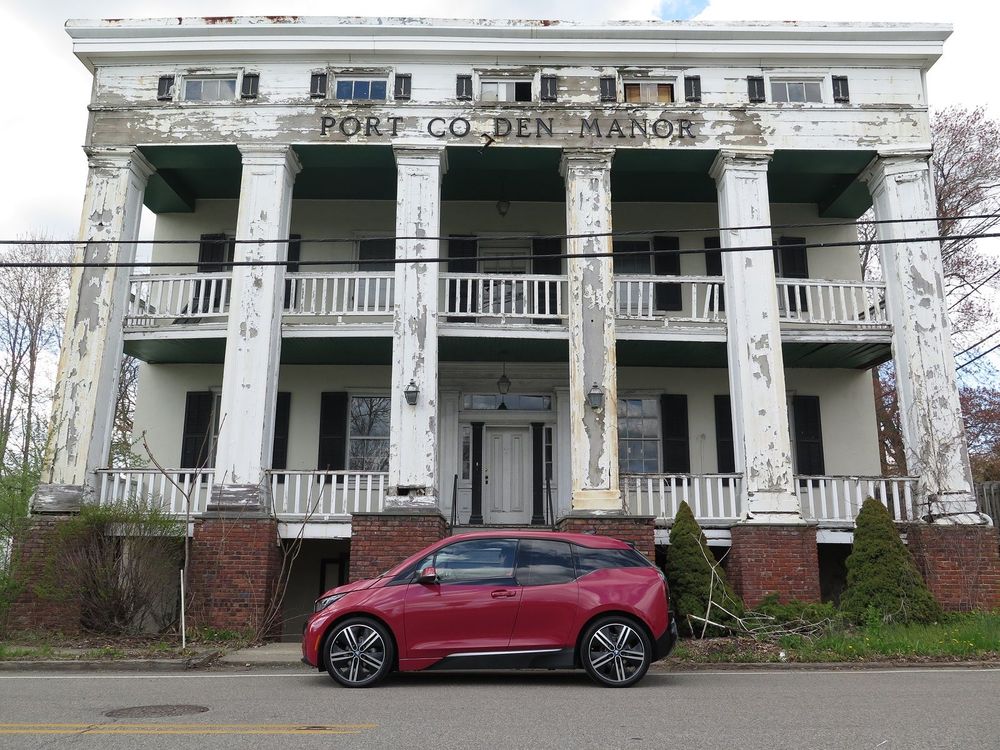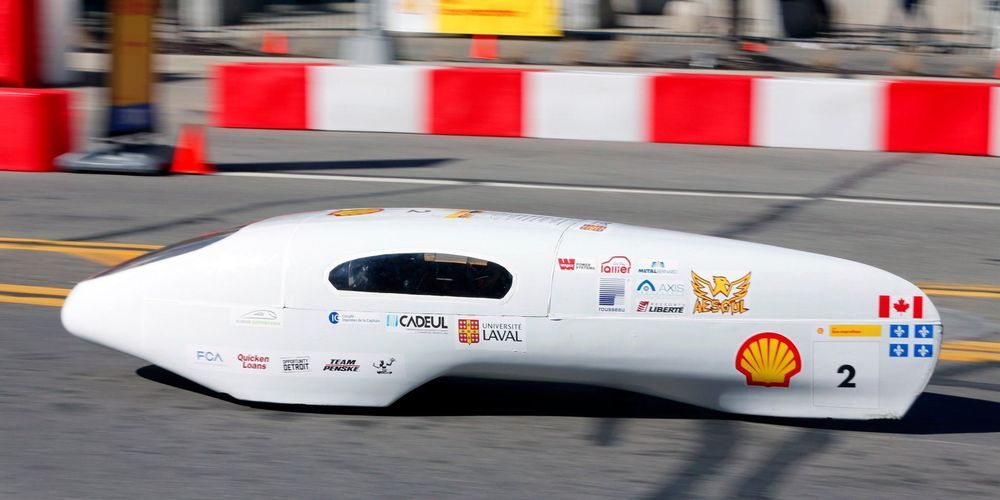WASHINGTON — If you’ve ever tried to swat a fly, you know that insects react to movement extremely quickly. A newly created biologically inspired compound eye is helping scientists understand how insects use their compound eyes to sense an object and its trajectory with such speed. The compound eye could also be used with a camera to create 3D location systems for robots, self-driving cars and unmanned aerial vehicles.
In The Optical Society (OSA) journal Optics Letters, researchers from Tianjin University in China report their new bio-inspired compound eye, which not only looks like that of an insect but also works like its natural counterpart. Compound eyes consist of hundreds to thousands of repeating units known as ommatidia that each act as a separate visual receptor.
“Imitating the vision system of insects has led us to believe that they might detect the trajectory of an object based on the light intensity coming from that object rather than using precise images like human vision,” said Le Song, a member of the research team. “This motion-detection method requires less information, allowing the insect to quickly react to a threat.”
